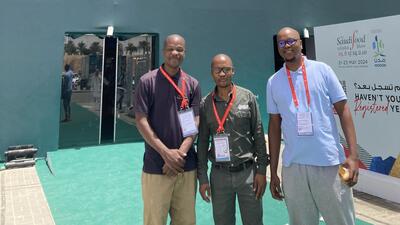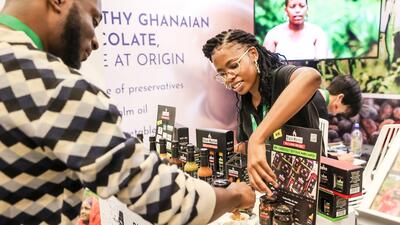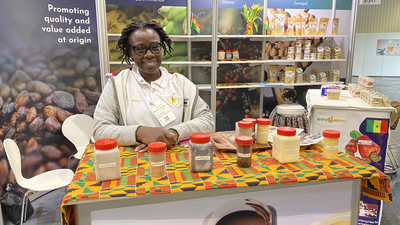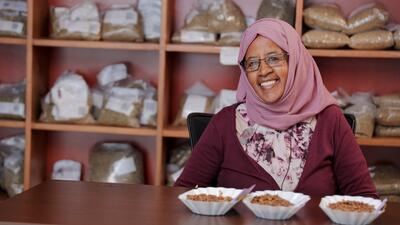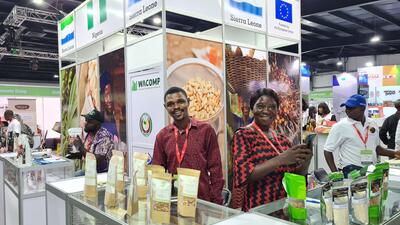ITC, ASEPEX and CBI Work Together To Improve Legal Environment to Boost Senegalese Mango Exports
Agricultural producer and exporter groups endure poor profit margins because they tend to leave commercial and contractual activities to intermediaries rather than building partnerships to add value in each link of the supply chain. Agents better positioned in resale often seek complementary production and change the rules and conditions of agreements at the last moment. Erratic relationships among actors in the mango industry hinder their ability to organise themselves into a strong institutional structure and respond to the needs of exporting markets, ultimately cutting into their profit margins.
To improve business integration, trust and competitiveness in the sector, ITC is providing a commercial contractual approach for smallholder farmers, key producers and exporters at the local level. Their teamwork and respect of commercial agreements are vital to build export volumes, increase income and improve quality and production along the value chain. ITC's work, conducted through local expertise, is a client demand-driven operation with a distinctive market orientation supported by improved coordination among primary producers, processors and exporters. The project's legal component is based on three core activities: developing tailored agribusiness contracts for mangoes, promoting adapted legal business form for smallholder producers, and securing agreements through conflict resolution.
Activities to date have concentrated on designing sales contracts among primary producers, processors and exporters, and delivering model contracts for international sales of mangoes, while taking into account the different requirements of Europe's markets. Commercial actors in the region have been trained on contractual practices to deepen their awareness of the transactional and legal risks involved when they negotiate and sell their products.
ITC is also assisting small and medium primary mango producers to structure their businesses in a cooperative manner according to a regulation by the Organisation pour l’harmonisation en Afrique du droit des affaires (OHADA) establishing a new corporate law for cooperatives which is now directly applicable to 16 African countries. With the support of a national consultant coaching selected pilot groups, ITC helps producers better organise themselves so they are more enterprise-driven and keen to develop avant-garde solutions in expanding local and export outlets for small and medium producers (5-20 ha).
Finally, ITC has formed a partnership with the Chamber of Commerce of Dakar's Mediation and Arbitration Centre to train operators from the mango sector to conduct commercial mediation. This is an effective, fast and affordable approach which facilitates conflict resolution between producers and exporters.
ITC’s legal business-backing component is expected to add confidence and security to commercial transactions along the value chain and to anticipate and address potential risks that current and future exporters from Senegal face in shipping mangoes to new markets.




